Back to school: "Clean Air for our Kids" project by Belfius and Airscan.
Today we celebrate the restart of the academic year. Already as a tradition, this year our team will continue helping schools all around Belgium with Indoor Air Quality monitoring and improvement. Discover more about “Clean Air for Our Kids” project in our last video, recorded in the Open Air School in Schilde at the end of the last academic year.
We would also like to thank Belfius for supporting this unique project and our partner Ethera, whose technology showed a perfect match for indoor air quality monitoring in schools.
For more information about this project:
Learned something?
Feel free to share.

Ozone Levels In Brussels For The Last 10 Years
Did you know that the very air we breathe can be both a shield and a hazard? While ozone high up in the atmosphere protects us from the sun’s harmful rays, ground-level ozone can pose serious health risks. Airscan’s latest decade-long study reveals alarming trends in ozone levels across Brussels, with certain summer days seeing concentrations double the WHO’s recommended limit. Dive into our findings to understand how ozone impacts your environment and discover practical tips to protect yourself during high-pollution days..

Pure Cities: how temperature, wind and rain shape our air
This article explores the seasonal variations in air pollution and the influence of meteorological factors on pollutant concentrations, focusing on data from the “Pure Cities” project in Belgium. Analyzing pollutants like PM2.5, PM10, and NO2, the study highlights how temperature, humidity, wind speed, atmospheric pressure, and precipitation affect air quality throughout the year. Findings show that pollutant levels tend to rise during colder months due to increased residential heating and reduced dispersion. The article discusses the importance of addressing seasonal pollution through targeted strategies, such as enhancing public transport, promoting green spaces, and aligning regulations with WHO guidelines.

Beats for Planet: Key Findings of 3 Years of Air Quality Monitoring in Belgian Schools
3 Years of Beats for Planet: this is what we know about air quality in Belgian schools! If you have been following Airscan for a while, you will definitely know Beats for Planet. Airscan launched this project with Belfius three years ago with the aim of helping schools improve their air quality. In the framework of this project, Airscan has collected and analyzed data from 72 schools around Belgium for three indoor pollutants: carbon dioxide (CO2), particulate matter (PM) and volatile organic compounds (VOC). This is what we found..





